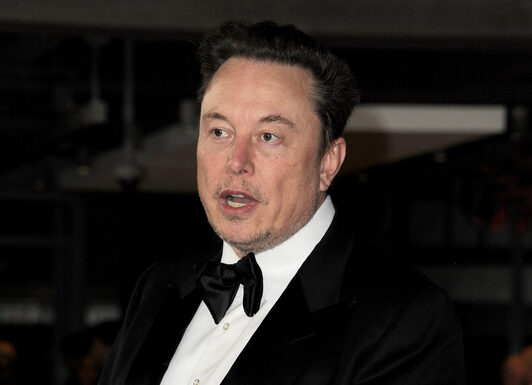Elon Musk has quietly shelved plans for his proposed “America Party” less than three months after announcing its formation, according to multiple reports citing sources familiar with his thinking. The Tesla and SpaceX CEO is reportedly prioritizing his business interests and maintaining relationships with key Republican figures, particularly Vice President JD Vance.
The Wall Street Journal first reported on August 20, 2025, that Musk has been “quietly pumping the brakes” on the new political party, telling associates he wants to focus on his companies and avoid siphoning voters from the Republican Party. Musk strongly disputed the reporting, posting on his X social media platform: “Nothing [The Journal] says should ever be thought of as true.”
The America Party emerged from Musk’s public feud with President Donald Trump over the “One Big Beautiful Bill” in early July 2025. On July 4, Musk conducted a poll on X asking followers whether they wanted “independence from the two-party system,” with 65.4 percent voting yes. The following day, July 5, he announced the party’s formation, declaring it would “give you back your freedom.”
Sources close to Musk indicated he is particularly concerned about damaging his relationship with Vance, who is widely viewed as the heir apparent to the MAGA movement after Trump completes his second term. The tech billionaire has reportedly expressed interest in financially backing Vance for a potential 2028 presidential run, having already spent nearly $300 million supporting Trump and other Republican candidates in the 2024 elections.
Vance has made public overtures aimed at bringing Musk back into the Republican fold. In an interview with Gateway Pundit earlier this month, the vice president acknowledged that breaking from the president would be a mistake and expressed hope that Musk would “come back into the fold” by the 2026 midterm elections. Vance also recognized Musk’s significant contribution to Trump’s 2024 electoral victory.
The billionaire’s time in the Trump administration ended on May 30, 2025, after months leading the Department of Government Efficiency (DOGE), which focused on reducing government waste and spending. His departure was followed almost immediately by public criticism of Trump administration policies, particularly regarding federal spending levels that Musk viewed as excessive.
Musk’s initial vision for the America Party included targeting two to three Senate seats and eight to 10 House districts in the 2026 midterm elections. He had indicated plans to support primary challengers against Republicans who voted for spending legislation he opposed. The feud escalated to the point where Trump reportedly considered terminating Musk’s federal contracts.
Political observers had noted the potential impact of a Musk-backed third party on the traditional two-party system. Democratic strategist Denny Salas suggested in July that there was “enough pent-up anger within the American psyche” to enable a successful third party, though he questioned the sustainability of efforts driven primarily by billionaire funding rather than grassroots organizing.
According to the Wall Street Journal report, Musk has not maintained regular contact with potential allies regarding the party. Mark Cuban, a billionaire who previously supported the concept, has not spoken with Musk about the party in recent months. Additionally, Musk’s political advisors have not engaged in discussions about the party’s development.
Despite the reported pause in party planning, sources close to Musk indicated he has not formally ruled out launching the America Party. The possibility remains that he could revisit the idea as the 2026 midterm elections approach, depending on political developments and the state of his relationships within the Republican Party.
The apparent reconciliation between Trump and Musk has contributed to the shelving of third-party plans. Recent weeks have seen Musk refrain from criticizing the president or other Republican politicians, suggesting an easing of tensions that peaked during their summer disagreement over federal spending priorities.
Musk’s decision reflects broader strategic considerations about maintaining influence within existing political structures rather than challenging them directly. As someone constitutionally ineligible to run for president due to his foreign birth, Musk’s political influence operates primarily through financial support and public advocacy for candidates and causes.
The development represents a significant shift from Musk’s position just months ago, when he positioned the America Party as an alternative for voters disillusioned with both major political parties. His focus has apparently returned to his business ventures while preserving political relationships that could prove valuable in future election cycles.








